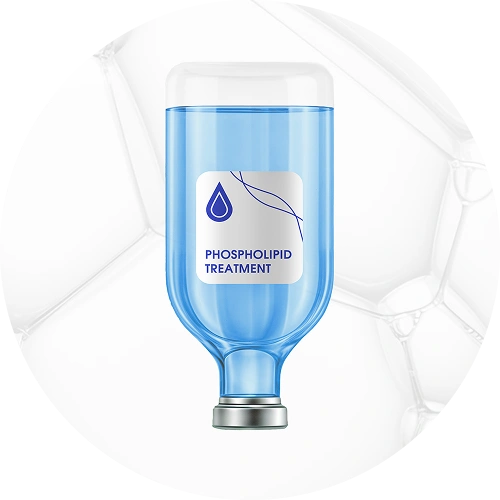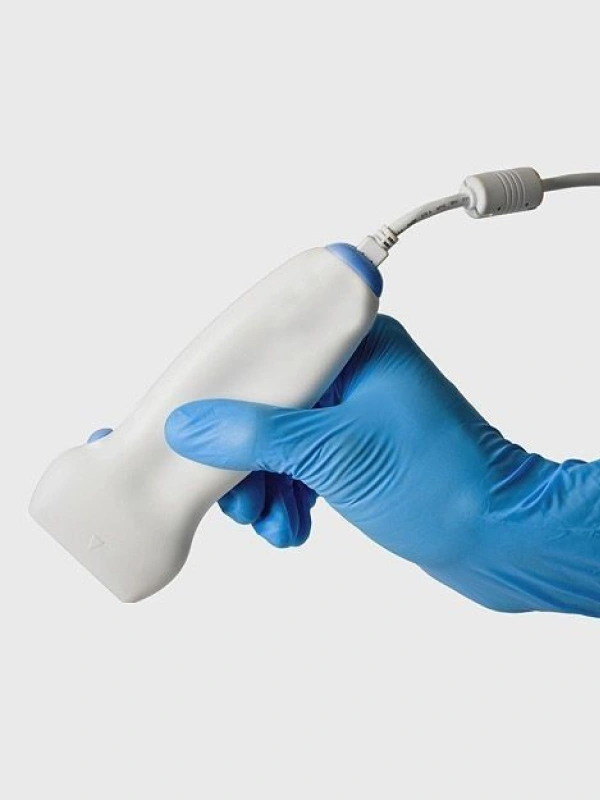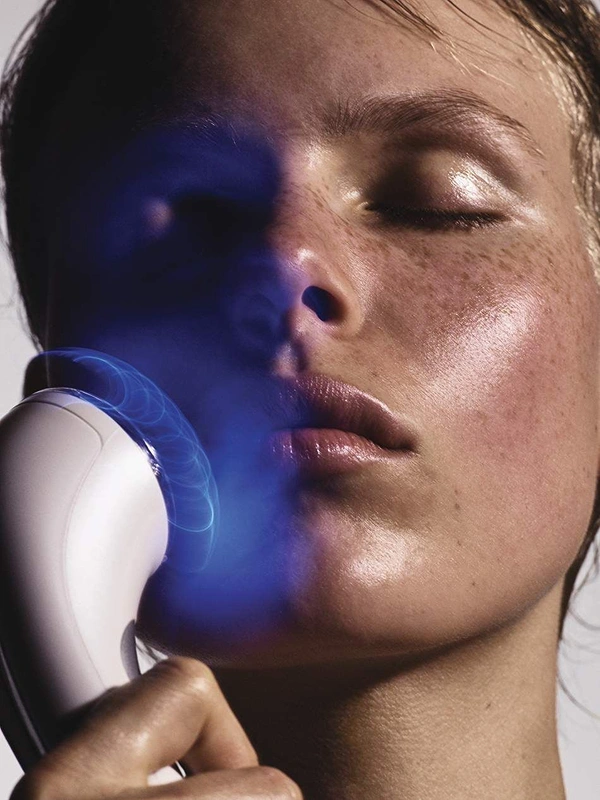Dubai
English
Request a call
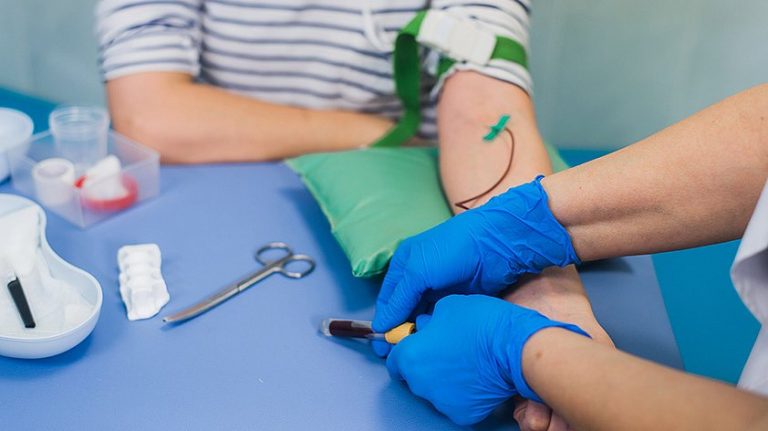
The absence of menstruation is a cause for concern, but not always a sign of something serious. Sometimes it's a temporary condition related to stress, diet, or climate change. If the cycle doesn't return within two to three months, your doctor will likely refer you for laboratory testing. It's important to understand when to test hormone levels if your period is missing, to get accurate results and avoid repeat procedures.
Many women face the situation where hormone testing is needed but don't know how to do it correctly when the cycle is disrupted. We're explaining it without complicated terminology or boring standard advice—just what’s truly important to know before visiting the lab.
Why the absence of a cycle is not a reason to postpone testing
It may seem like there's no need for testing without menstruation, but in reality, prolonged irregularities often indicate hormonal imbalance. Ovulation may not be occurring at all, which can affect overall well-being and fertility. So, when to test hormone levels depends primarily on symptoms, not on the regularity of the cycle. When the cycle is absent, the doctor doesn't rely on menstrual days but rather on the specific diagnostic goal. If polycystic ovary syndrome is suspected, the FSH and LH ratio is examined; if there are signs of hypothyroidism, the thyroid gland function is assessed.When to test female hormones: does the timing depend on the cycle?
In a typical case, laboratory testing is tied to specific days of the cycle. For example, estradiol and FSH are tested on days 3 to 5, and progesterone on days 21–23. But when to test female hormones if there's no menstruation requires a different approach. Tests are often scheduled on a random day, or right after taking medication that induces bleeding (such as Duphaston). The doctor may recommend follow-up testing over time if the initial results are inconclusive. That’s why it’s important not just to visit the lab, but to discuss with a gynecologist-endocrinologist exactly what and when to test for hormones in order to get an accurate picture.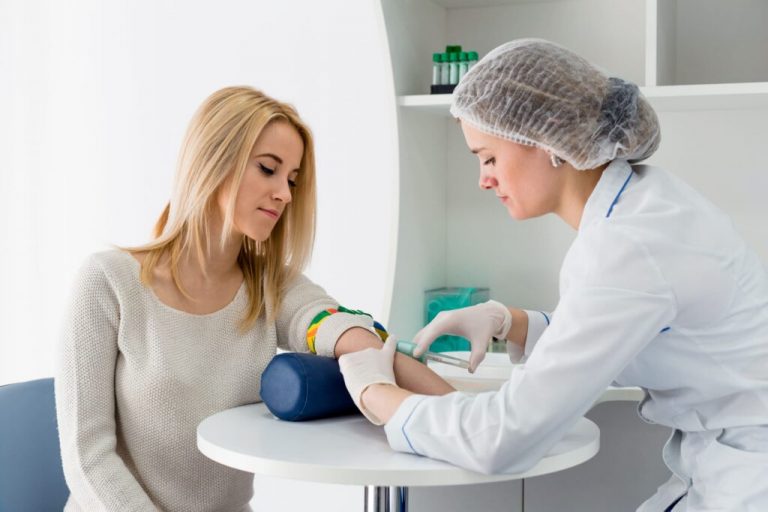
What to Consider Before Taking Hormonal Tests
There are a few basic rules that should be followed before the procedure. This affects the accuracy of the result and helps avoid distortions. Here’s what you should pay attention to before getting tested:- The test must be taken strictly on an empty stomach (last meal – 8–10 hours prior).
- Avoid physical activity, alcohol, and stress for 1–2 days beforehand.
- Do not take any medications without your doctor’s approval.
- It’s best to come in the morning – between 7:00 and 10:00 AM, when hormone levels are most stable.
- Be sure to inform your doctor if you're taking hormonal medications – they can affect the results.
When to Take Hormone Tests: Symptoms You Shouldn’t Ignore
Women often see a doctor when the issue has already become chronic, but there are signs that should raise concerns much earlier. If you notice one or more of the following, it's time to take action:- severe and frequent headaches;
- rapid weight gain or loss without a clear reason;
- skin changes: acne, oiliness, dryness;
- hair loss or excessive body hair growth;
- increased fatigue, irritability;
- decreased libido;
- difficulty conceiving or miscarriages.
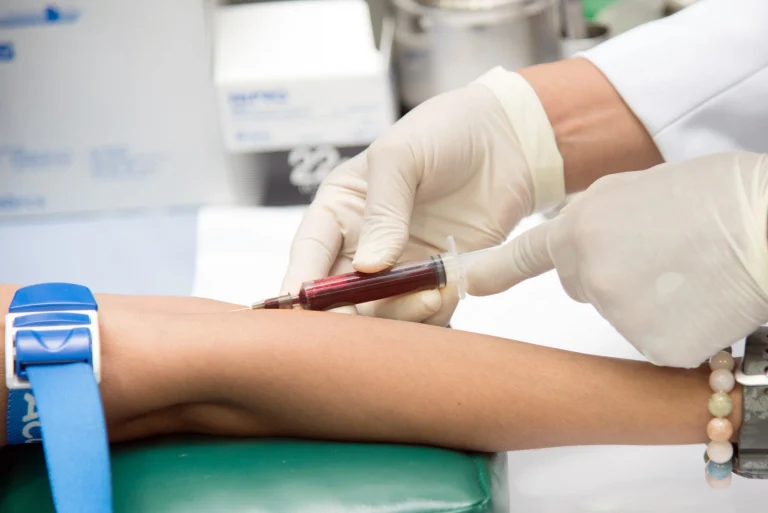
What is Usually Included in the List of Tests for Menstrual Cycle Disorders
To assess the hormonal background, a comprehensive examination is prescribed. It depends on the symptoms but most often includes the following items:- Pituitary hormones:
- LH (luteinizing hormone);
- FSH (follicle-stimulating hormone);
- Prolactin.
- Ovarian hormones:
- Estradiol;
- Progesterone;
- Testosterone.
- Thyroid gland:
- TSH;
- Free T3;
- Free T4.
- Adrenal glands:
- DHEA-S
- Cortisol
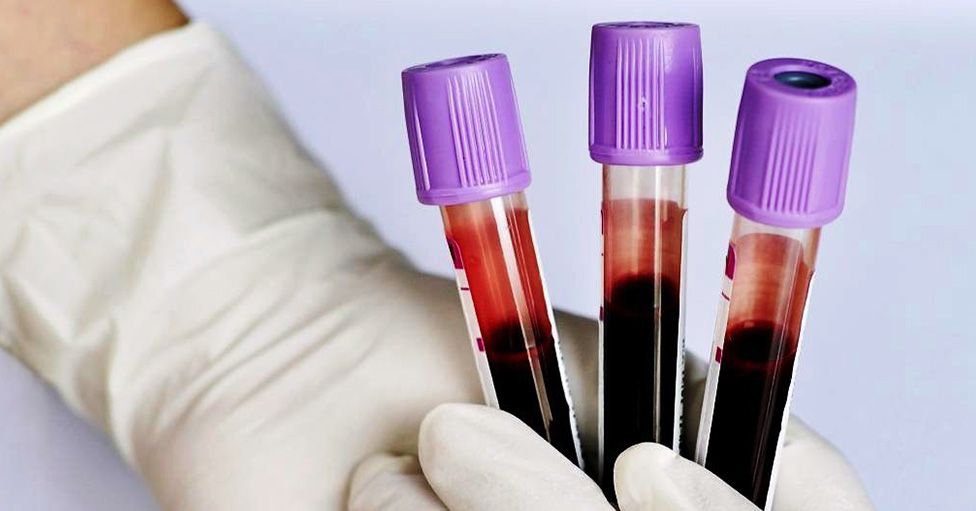
When Is It Necessary to Get Hormone Tests if Periods Are Absent
Main situations when testing is essential:- No periods for more than 3 months without pregnancy: this may indicate hormonal imbalance, decreased ovarian function, or pituitary gland issues.
- Periods haven't returned after stopping birth control pills: normally, the cycle resumes within 1–3 months; longer delays require hormone testing.
- No menstruation by age 16: possible delayed puberty, ovarian disorders, or congenital anomalies.
- Cycle suddenly becomes irregular after stress or illness: rhythm disruptions may indicate changes in prolactin, estradiol, or TSH levels.
- Suspected premature menopause: in early ovarian failure, it's important to assess FSH, LH, and estradiol levels.
- Signs of virilization appear — deepened voice, male-pattern hair growth.
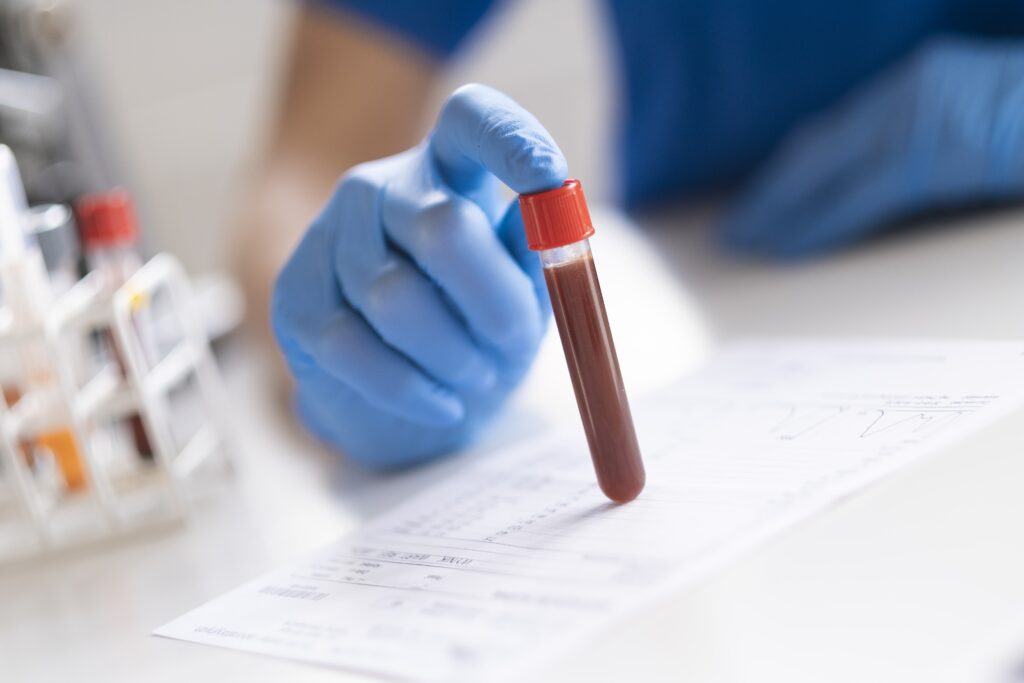
Smart Testing – Better Results
Problems with the menstrual cycle are not a verdict but a signal to act. The main thing is not to delay a visit to a specialist and to understand when to get hormone tests if your periods are absent. Timely examination can help detect disorders that can still be corrected without serious interventions. The hormonal system is delicate, but with careful management, it can be well regulated. If you're unsure when to take hormone tests, consult your doctor – they will advise you on the best time and the specific list of indicators. When it comes to health, delays often cost more than treatment. Our website features the following popular types of services:
Fill out the form to book your consultation.
Your personal manager will contact you within 10 minutes and arrange a convenient time for your visit.



